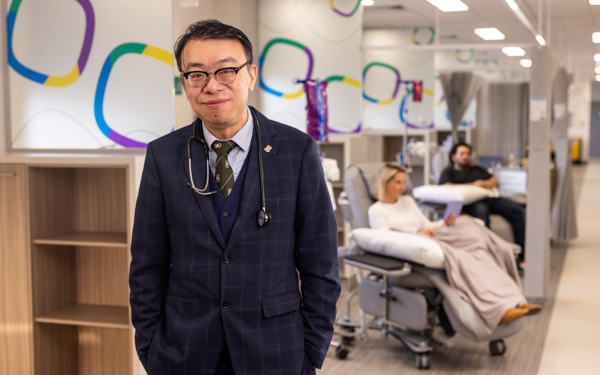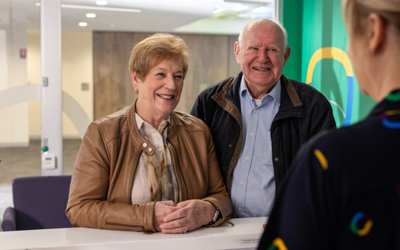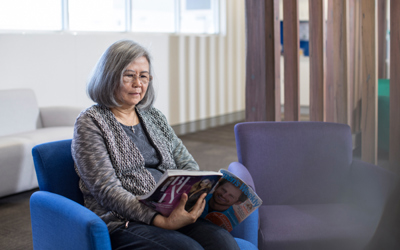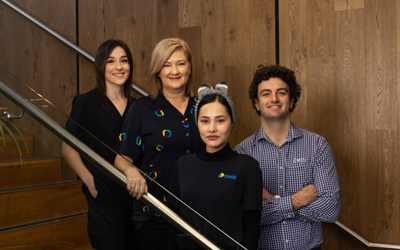Understanding the types of cancer specialists
Cancer treatment often involves a multidisciplinary approach, which means you may need to see more than one type of specialist. This may include:
Radiation Oncologists: Specialist doctors who prescribe radiotherapy treatments for all types of cancer and oversee the best management plan to care for patients
Medical Oncologists: Doctors who specialise in diagnosing and treating cancer with the use of chemotherapy drugs, immunotherapy and hormone therapies
Haematologists: Doctors who specialise in treating blood disorders and cancers affecting the blood (e.g. leukaemia) or blood forming organs such as the bone marrow
Surgeons: Doctors who are responsible for the surgical removal of cancerous tissue
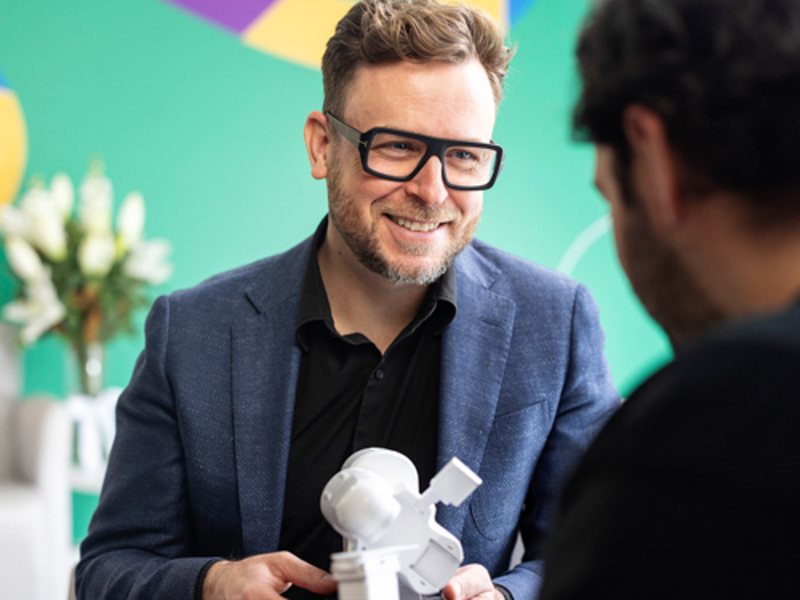
Finding a specialist
Your GP is usually the first point of contact, and they can refer you to a specialist for initial diagnosis and treatment planning. However, you may prefer to choose a specialist based on your own research, or recommendations from family, friends or colleagues.
Finding a specialist that is part of a multidisciplinary team (MDT) is beneficial for patients as they receive a more coordinated and collaborative approach to their treatment. The MDT is a group of doctors, nurses and allied health professionals who manage cancer patients and work in partnership to determine the most suitable approach for individual patients. The team will usually meet regularly to discuss their patients’ needs and diagnosis to plan the best course of treatment.
Download your free cancer diagnosis checklist
Be more informed and play an active role in your own cancer care.
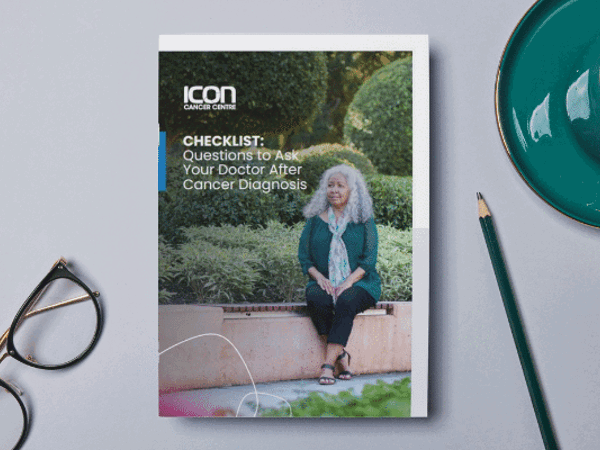
Choosing a specialist
When choosing a specialist, consider the following:
Expertise: Look for specialists who have experience or a special interest treating your type of cancer
Communication: Choose someone you feel comfortable talking to and who explains things clearly
Location: Consider the specialist’s consultation and treatment location for convenience and benefits such as free parking. Some treatment schedules may require daily visits, so finding a specialist close to home may be an important factor
Waiting list: Check the wait time for treatment
Multidisciplinary teams: Choose a specialist that is part of a multidisciplinary team that can look after all aspects of your care
Financial: Check the costs for your treatment and note that up to 90% of the radiation oncology fee is funded by Medicare for private and public patients
Making the decision
The decision on which specialist to choose should be based on a combination of professional advice, personal comfort, and practical considerations.
At Icon, our team of over 200 specialists including medical oncologists, radiation oncologists, and haematologists, provide exceptional care across over 40 centres nationwide. With no wait-list and an affordable care commitment, Icon is deeply committed to supporting patients throughout their treatment. Find out more information on our centres, doctors and treatments available.


